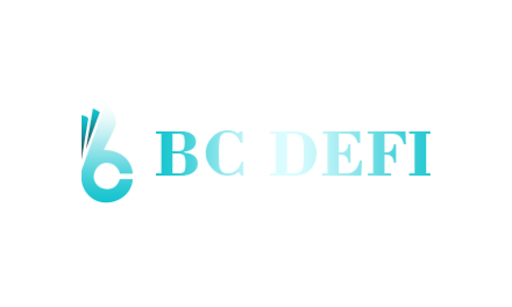No, DAO Crowdfunding Will Not Revolutionize Sports

The recent hype surrounding DAOs in sports overlooks a crucial fact: the sports industry is already a highly efficient, self-organized structure. This realization challenges claims that DAOs could revolutionize sports management and fan engagement.
Professional sports leagues and teams have developed complex, effective organizational structures over decades. These systems balance the interests of owners, players, coaches, and fans while managing billion-dollar enterprises. The introduction of DAOs, with their promise of decentralized decision-making, appears redundant in this context.
Proponents of sports DAOs often cite increased fan involvement as a key benefit. However, traditional sports already offer numerous avenues for fan engagement. From fantasy leagues to social media interactions, fans have ample opportunities to feel connected to their favorite teams without the need for blockchain-based voting systems.
The specialized knowledge required in sports management cannot be easily replaced by crowd-sourced decision-making. Professional coaches, scouts, and executives possess years of experience and industry-specific skills that are crucial for successful team operations. The idea that a decentralized group of fans could consistently make better decisions is impractical and potentially detrimental to team performance.
While DAOs may find limited applications in niche areas of sports, such as minor leagues or virtual environments, their potential to transform major professional sports is vastly overstated. The existing structure of the sports industry, refined over many years, continues to prove its effectiveness in managing the complex dynamics of professional athletics.
In conclusion, the push to integrate DAOs into sports appears to be an artificial solution to a non-existent problem.
The sports industry's current organizational model, which has evolved naturally over time, remains well-equipped to handle the challenges of modern sports management without the need for blockchain-based decentralization.





